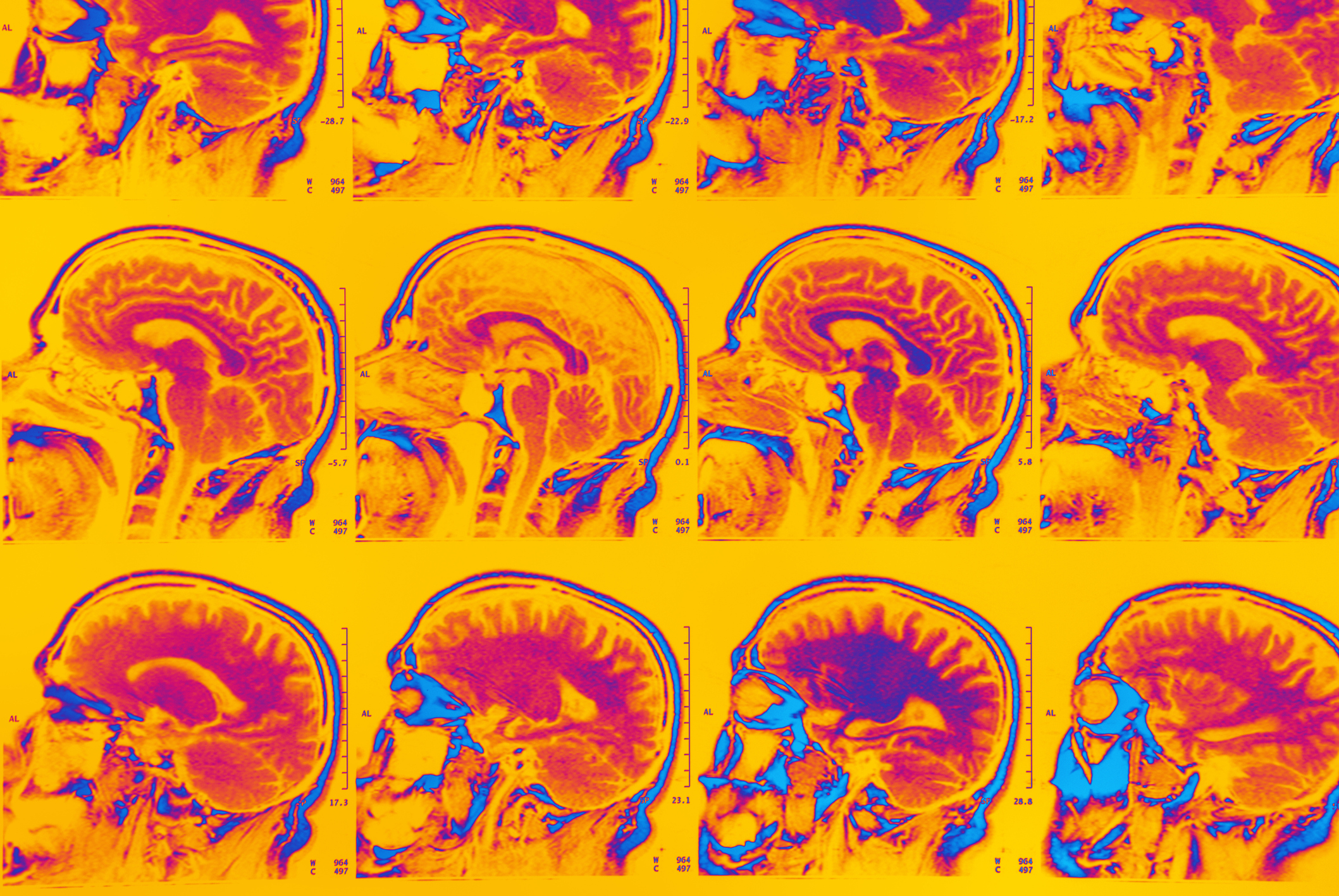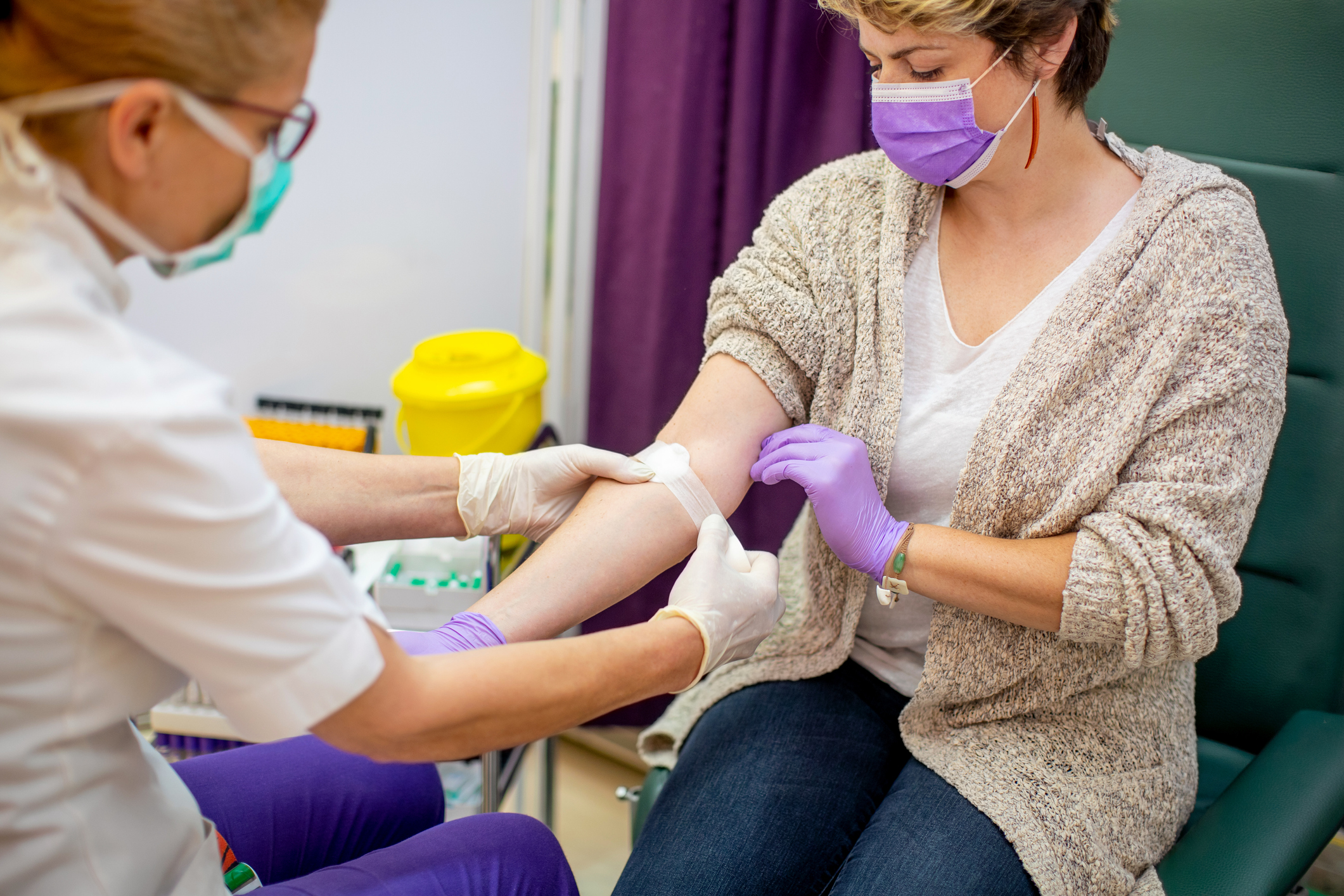Scientists have learned a great deal about Alzheimer’s disease since it was first medically described in 1906. However, because it is a complex condition, clinicians often struggle to accurately diagnose it without expensive brain scans.
Brain scanning methods like MRI and PET have been the only way to reliably determine whether a person has Alzheimer’s. PET scans can show toxic buildup of the proteins in the brain that cause the disease. However, these scans are costly, and often, are not reimbursed by insurance companies.

Blood tests for Alzheimer’s disease have the potential for easy use in a doctor’s office. Blood samples contain substances that can provide valuable information about a person’s likelihood of developing Alzheimer’s disease. Dr. Michael Weiner, Principal Investigator of the Brain Health Registry, recently wrote a brief article exploring how clinical use of blood tests may impact the use of PET and MRI scans.
Brain Health Registry researchers are currently working on a series of exciting projects that incorporate innovative blood collection methods and analysis. And Brain Health Registry participants are contributing.
Brain Health Registry – Biomarker Prediction Study
The Biomarker Prediction Study is one such project. This study assessed the feasibility of remote blood sample collection during the COVID-19 pandemic.
Over 600 BHR participants completed blood draws at phlebotomy centers near their homes. These blood samples were then sent to laboratories to measure the levels of proteins important in Alzheimer’s research.
Surveys completed by participants who finished the study showed an overall positive attitude toward this process. Moving forward, remote blood draws can be a cost-effective way of identifying older adults at risk for developing Alzheimer’s and related disorders.

The SEABIRD Study
We are pleased to introduce a collaboration with the Washington University School of Medicine in St. Louis on the Study to Evaluate Amyloid in Blood and Imaging Related to Dementia (SEABIRD).
SEABIRD aims is to evaluate a blood test for detecting amyloid, a toxic protein that accumulates in the brain in Alzheimer’s disease. In this new collaboration, eligible SEABIRD participants will be recruited to join the Brain Health Registry.
—
2020 has been a difficult and unusual year in many ways. Yet, it has also sparked much innovation, especially for online studies such as the Brain Health Registry!
As the new year approaches and we reflect on the last several months, we are proud of the progress the Brain Health Registry has made. Of course, this is thanks to you, our participants! We are humbled by your contribution to our study and wish everyone a happy and healthy new year.




